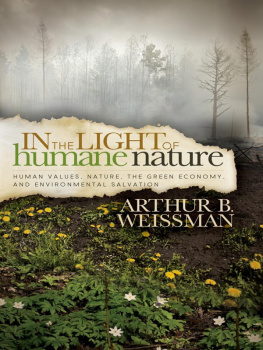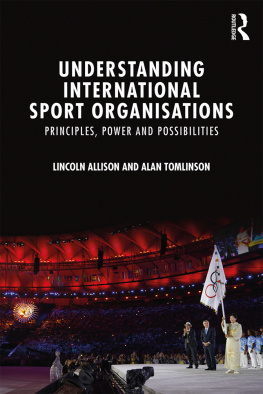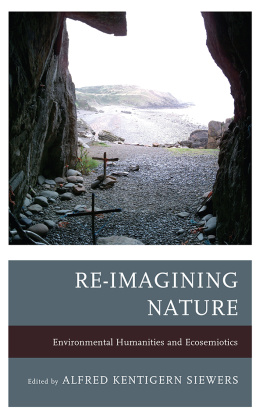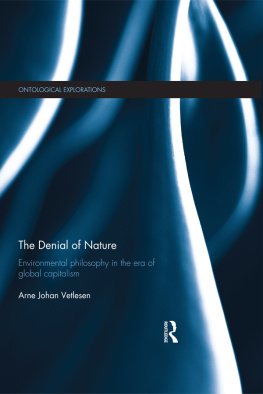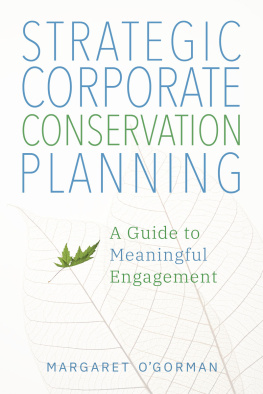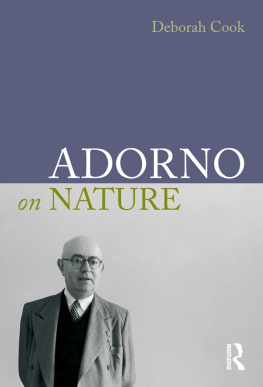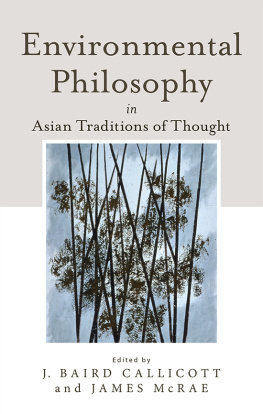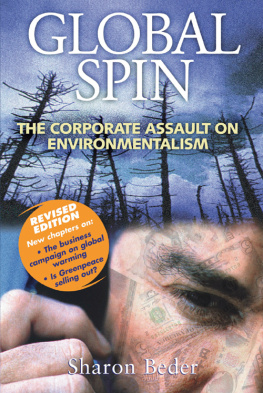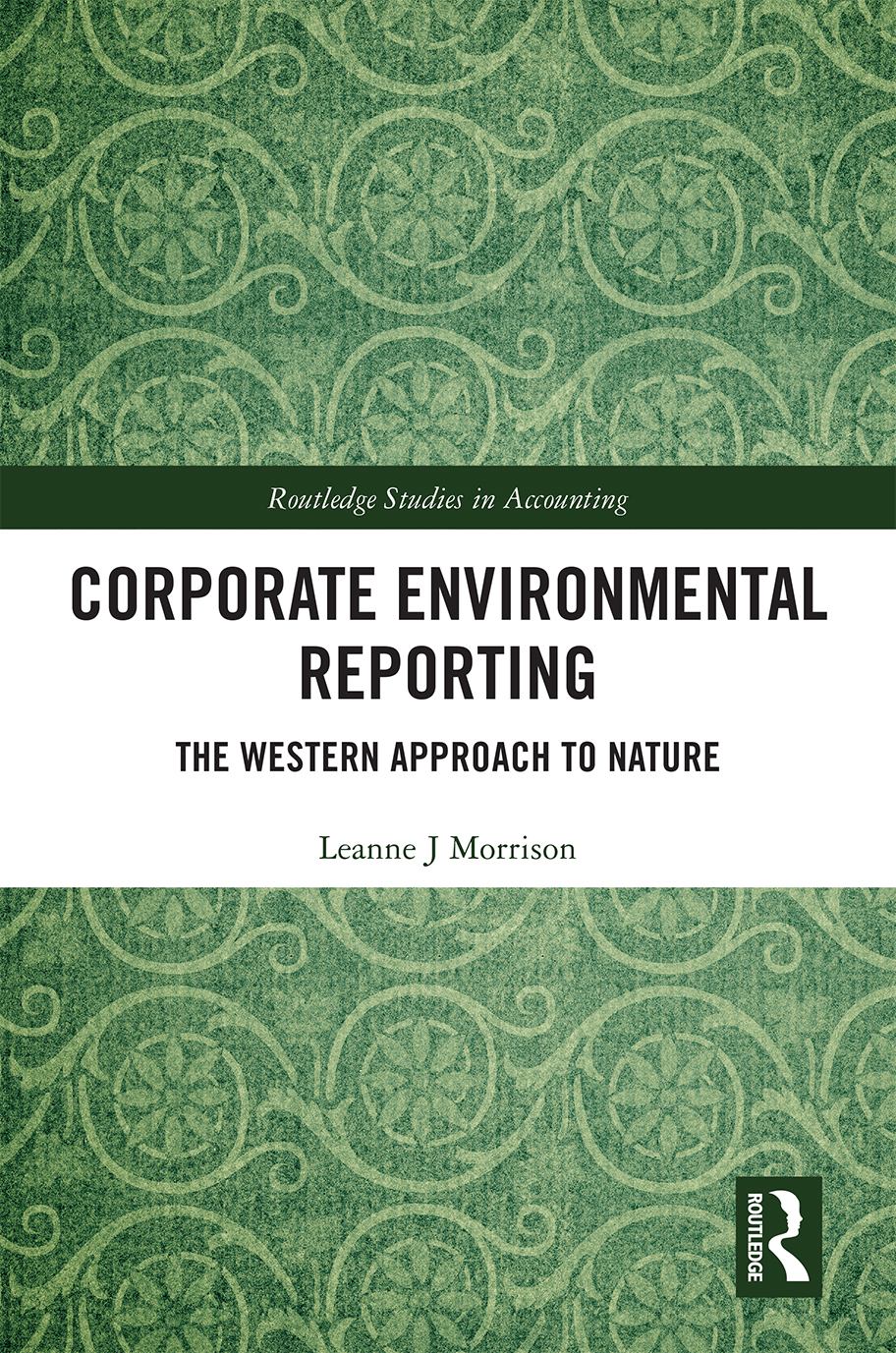Leanne J. Morrison - Corporate Environmental Reporting: The Western Approach to Nature
Here you can read online Leanne J. Morrison - Corporate Environmental Reporting: The Western Approach to Nature full text of the book (entire story) in english for free. Download pdf and epub, get meaning, cover and reviews about this ebook. City: London, year: 2019, publisher: Routledge, genre: Business. Description of the work, (preface) as well as reviews are available. Best literature library LitArk.com created for fans of good reading and offers a wide selection of genres:
Romance novel
Science fiction
Adventure
Detective
Science
History
Home and family
Prose
Art
Politics
Computer
Non-fiction
Religion
Business
Children
Humor
Choose a favorite category and find really read worthwhile books. Enjoy immersion in the world of imagination, feel the emotions of the characters or learn something new for yourself, make an fascinating discovery.

- Book:Corporate Environmental Reporting: The Western Approach to Nature
- Author:
- Publisher:Routledge
- Genre:
- Year:2019
- City:London
- Rating:3 / 5
- Favourites:Add to favourites
- Your mark:
Corporate Environmental Reporting: The Western Approach to Nature: summary, description and annotation
We offer to read an annotation, description, summary or preface (depends on what the author of the book "Corporate Environmental Reporting: The Western Approach to Nature" wrote himself). If you haven't found the necessary information about the book — write in the comments, we will try to find it.
This book explores corporate environmental discourse by examining a sample of corporate environmental reports through the lens of environmental philosophy. Findings include the predominant use of a dualistic approach towards nature, which highlights the perceived separateness of companies from the natural world. Also explored are the corporate articulations of interconnectivity and transcendence, two philosophical approaches that are also in common use in western culture. The expression of these themes reveals the discursive underpinnings of a harmful relationship with nature. Exploring the ways in which discourse informs corporate relationships with nature allows for an in-depth diagnosis of current environmental problems.
The history of environmental philosophy demonstrates how some powerful philosophical approaches have shaped the western relationship with nature over time, and continue to do so through corporate environmental reporting. Corporate Environmental Reporting: The Western Approach to Nature demonstrates how corporate reporting is used to reduce the perception of the corporate responsibility, and contributes to the erosion of broader cultural restraints against the harmful treatment of nature. As such, discourse is integral to the survival of the world which we and other members of our biotic community are utterly reliant on. It shows the latest state of knowledge on the topic and will be of interest both to students at an advanced level, academics and reflective practitioners. It will be of interest to researchers, academics, and students in the fields of accounting, management, environmental philosophy and sustainable management.
Leanne J. Morrison: author's other books
Who wrote Corporate Environmental Reporting: The Western Approach to Nature? Find out the surname, the name of the author of the book and a list of all author's works by series.

